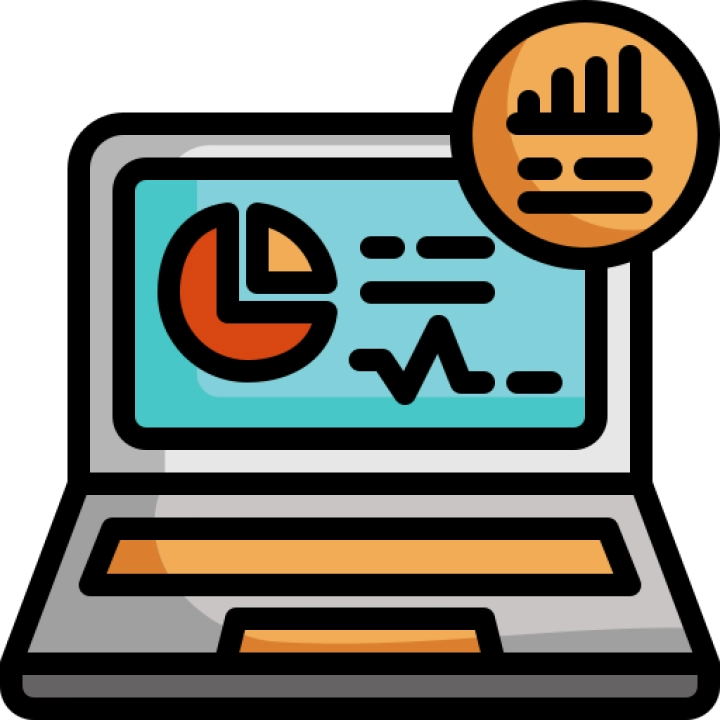College: Graduate Studies Institute
This specialty provides a comprehensive understanding of the principles and practices of statistics and data science. Students explore key areas such as data analysis, machine learning, statistical modeling, and data visualization. The program focuses on analytical thinking, programming skills, and applying statistical methods to solve real-world problems. Graduates are prepared for careers in data analysis, business intelligence, research, and technology.
Learning Objectives:
- Understand the basics of statistics and data science.
- Develop skills in data collection, cleaning, and analysis.
- Learn statistical modeling and machine learning techniques.
- Explore the role of data visualization in communicating ideas.
- Understand ethical and privacy considerations in data science.
- Analyze challenges and opportunities in statistics and data science domains.
- Develop critical thinking and problem-solving skills to make data-driven decisions.
Main Curriculum:
- Introduction to Statistics and Data Science
- An overview of the field, its history, and applications across various industries.
- Probability and Statistical Inference
- Study of probability theory, distributions, and hypothesis testing.
- Techniques for drawing conclusions from data.
- Data Organization and Cleaning
- Basics of data collection, pre-processing, and cleaning.
- Techniques for handling missing data and outliers.
- Statistical Modeling
- Principles of regression analysis, variance analysis, and time series analysis.
- Techniques for building and validating statistical models.
- Machine Learning
- Study of supervised and unsupervised learning algorithms.
- Techniques for applying machine learning to real-world datasets.
- Data Visualization
- Basics of creating effective visualizations using tools like Tableau and Matplotlib.
- Techniques for clearly and effectively conveying data insights.
- Big Data Technologies
- Exploration of big data tools and platforms like Hadoop and Spark.
- Techniques for processing and analyzing large datasets.
- Ethics and Privacy in Data Science
- Study of ethical considerations and privacy issues in data collection and analysis.
- Techniques for ensuring responsible data practices.
- Emerging Trends in Data Science
- Analysis of innovations such as deep learning, natural language processing, and AI.
- Techniques for adapting to new trends and technologies in the field.
- Capstone Project in Statistics and Data Science
- Real-world project to apply skills in data analysis, modeling, or visualization.
- Techniques for presenting a comprehensive data science solution.
Assessment Methods:
- Data analysis projects and case studies.
- Written assignments on statistical methods, machine learning, and data visualization.
- Group projects on data handling, modeling, and visualization.
- Participation in internships or fieldwork with data-dependent organizations.
Recommended Textbooks:
- "An Introduction to Statistical Learning" by Gareth James, Daniela Witten, Trevor Hastie, and Robert Tibshirani.
- "Python for Data Analysis" by Wes McKinley.
- "Data Science for Business" by Foster Provost and Tom Fawcett.
- "The Elements of Statistical Learning" by Trevor Hastie, Robert Tibshirani, and Jerome Friedman.
Prerequisites:
Basic knowledge of mathematics, statistics, and programming is recommended. Suitable for students in mathematics, computer science, and related fields.
Duration:
Typically 4 years, including coursework, projects, and internships.
Certification:
Graduates may earn a degree in statistics and data science or a related field.
Target Audience:
Data scientists, statisticians, business analysts, and aspiring researchers seeking to excel in data analysis, machine learning, and statistical modeling. This specialty equips students with the technical, analytical, and problem-solving skills necessary to excel in statistics and data science, driving data-driven decision-making and innovation across industries.

